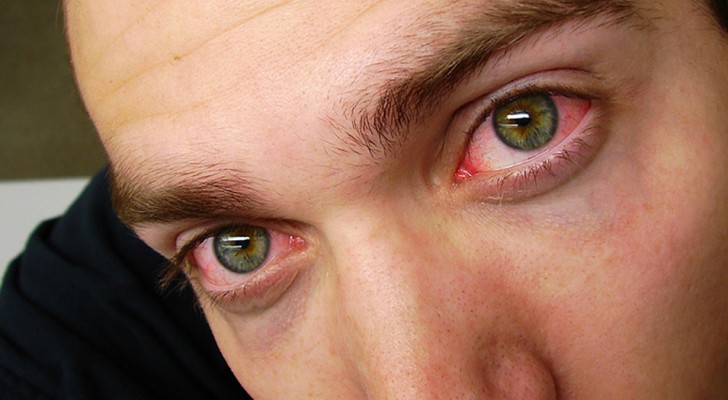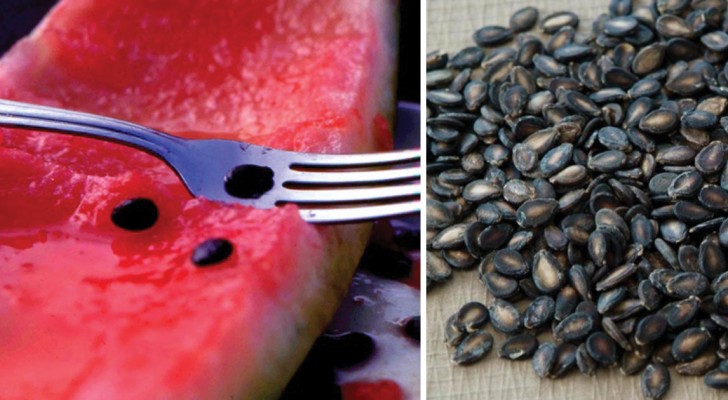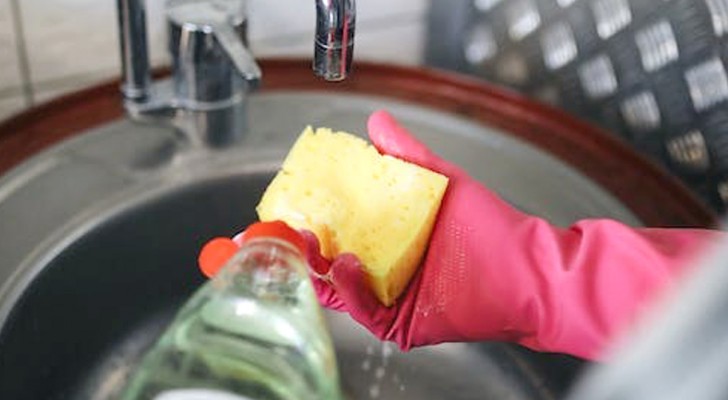Discover the truth about these five popular products!
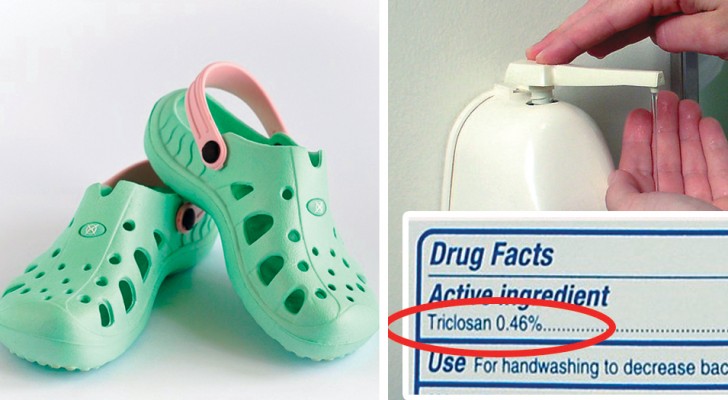
We do everything we can to ensure a healthy life, eat genuine food, do physical activity and try to lead a regular life.
However, this may not be enough because there are some products which we use regularly that, without our knowledge, contaminate our body with unhealthy substances.
In addition, there are other toxic elements that can, over the long term, be extremely harmful to our health.
The products that we list in this article are those that many people use every day when actually it would be better for their health if they changed their lifestyle immediately.
1. Plastic food containers.
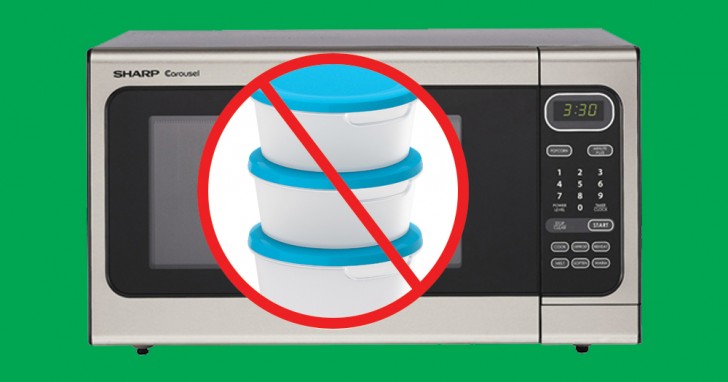
Plastic containers are not dangerous in themselves, but they become dangerous when they are subject to special temperature conditions. For example, when heated due to high-temperature dishwashers, the plastic material releases harmful chemicals. Released chemicals can become really dangerous if plastic containers are heated in a microwave oven! In fact, in this case, the contaminants go directly into the food.
2. Plastic footwear
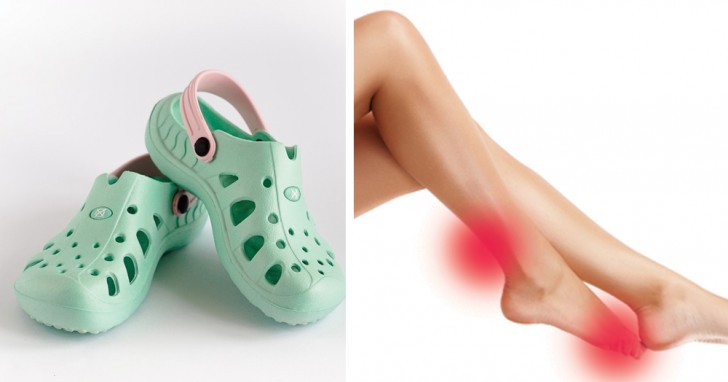
Plastic footwear harms your feet, especially the tendons, because this type of footwear does not provide any support and exposures your feet to continuous stress. Plastic footwear should be avoided especially by children whose tendons are still in formation and rather fragile. Plastic footwear also has a soft sole, which also does not provide protection against any hard, sharp or blunt objects that are on the ground such as rocks.
pWords:
3. Mascara
The mascara is used to give volume and stretch the lashes around the eye, a very sensitive area that can easily inflate, especially if inside of the cosmetic are certain ingredients: it would be advisable to avoid mascara containing parabens, aluminum powder, propylene glycoctin and retinol acetate.
pWords:
Adherent pans
They have the convenience of not needing added fat, but the composition of the non-stick coating needs some attention: Polytetrafluoroethylene if subjected to higher temperatures At 230 ° C it releases toxic volatile substances that are absorbed by food. A study has shown that some cancers are due to the presence of these elements.
pWords:
An antibacterial soaps
In many antibacterial soaps is the trichlosan a bactericidal substance. However, this component is harmful: some surveys claim that it is too aggressive to the immune system and that it increases antibiotic resistance. In addition, antibacterial soaps appear to be just a commercial finding: studies show that ordinary soap can be used for the purpose.
pWords: 0
3. Mascara

Mascara is used to give volume and lengthen the eyelashes around the eye, which is a very sensitive area that can easily suffer from inflammation, especially if certain ingredients are present within the cosmetic product. In fact, it would be advisable to avoid mascara containing parabens, aluminum powder, propylene glycol, and retinol acetate.
4. Non-stick cookware
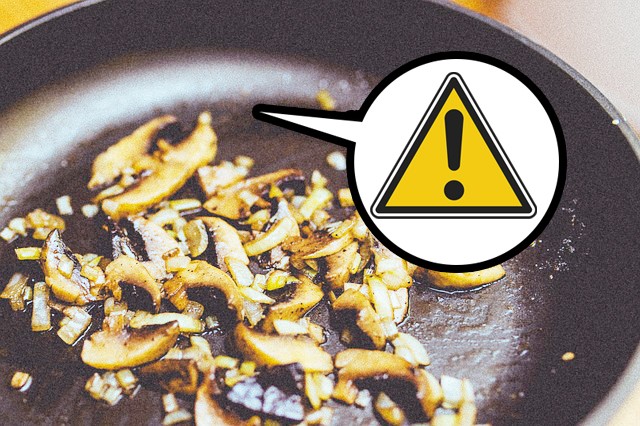
Cooking with non-stick cookware offers the convenience of not having to prepare foods with added fats, but the non-stick coating requires some attention! This material called Polytetrafluoroethylene, when subjected to temperatures above 450°F (230°C) releases toxic volatile substances that are absorbed by food. A study has shown that some cancers are due to the presence of these elements.
5. Antibacterial soaps
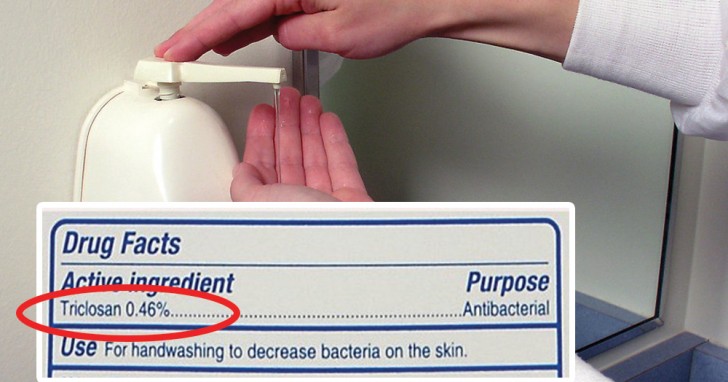
In many antibacterial soaps, triclosan is the principal bactericidal substance. However, this component, namely, triclosan itself, is also harmful. As a matter of fact, some surveys claim that it is too aggressive to the immune system and that it increases antibiotic resistance. In addition, antibacterial soaps appear to be just another example of product propaganda, as studies show that ordinary soap can be used just as efficiently for the same purpose.

